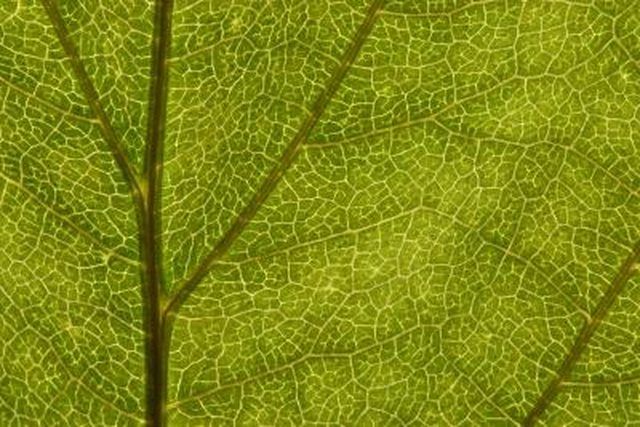Bulbs
Flower Basics
Flower Beds & Specialty Gardens
Flower Garden
Garden Furniture
Garden Gnomes
Garden Seeds
Garden Sheds
Garden Statues
Garden Tools & Supplies
Gardening Basics
Green & Organic
Groundcovers & Vines
Growing Annuals
Growing Basil
Growing Beans
Growing Berries
Growing Blueberries
Growing Cactus
Growing Corn
Growing Cotton
Growing Edibles
Growing Flowers
Growing Garlic
Growing Grapes
Growing Grass
Growing Herbs
Growing Jasmine
Growing Mint
Growing Mushrooms
Orchids
Growing Peanuts
Growing Perennials
Growing Plants
Growing Rosemary
Growing Roses
Growing Strawberries
Growing Sunflowers
Growing Thyme
Growing Tomatoes
Growing Tulips
Growing Vegetables
Herb Basics
Herb Garden
Indoor Growing
Landscaping Basics
Landscaping Patios
Landscaping Plants
Landscaping Shrubs
Landscaping Trees
Landscaping Walks & Pathways
Lawn Basics
Lawn Maintenance
Lawn Mowers
Lawn Ornaments
Lawn Planting
Lawn Tools
Outdoor Growing
Overall Landscape Planning
Pests, Weeds & Problems
Plant Basics
Rock Garden
Rose Garden
Shrubs
Soil
Specialty Gardens
Trees
Vegetable Garden
Yard Maintenance
The Effect of Salt on Plant Cells
The Effect of Salt on Plant Cells. The salt content in the environment surrounding a plant cell must be just right for the cell to continue functioning properly. Too much salt, as well as too little, can do irreversible damage to plant cells.

The salt content in the environment surrounding a plant cell must be just right for the cell to continue functioning properly. Too much salt, as well as too little, can do irreversible damage to plant cells.
The Direction of Osmosis
In biology, osmosis is the flow of water into and out of a cell. The addition or removal of salt from the environment of a plant can impact this flow of water.
Too Much Salt
Too much salt within a plant will cause a net flow of water out of the plant's cells. They will shrink, causing the plant to look shriveled and dry.
Shriveled Cells
When plant cells are shriveled because of a high salt content in their medium, the cell organelles become pushed together and cannot function properly. Cytoskeletal elements necessary for nutrient transportation within the cell can be destroyed and improper ion concentrations can disrupt crucial enzymes.
Too Little Salt
If a plant is supplied continually with pure water, there will be a net flow of water into the cells that can cause them to rupture. Over-watering is necessary to cause this rupturing effect, because even though plants are usually watered with pure water, the salt contained in the soil dissolves into the water and yields roughly the right balance.
Ruptured Cells
Cells that have been ruptured because of insufficient salt in their medium are destroyed. A plant with too many ruptured cells will die.